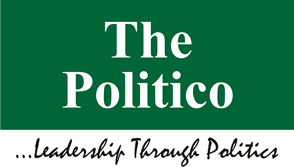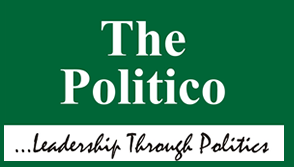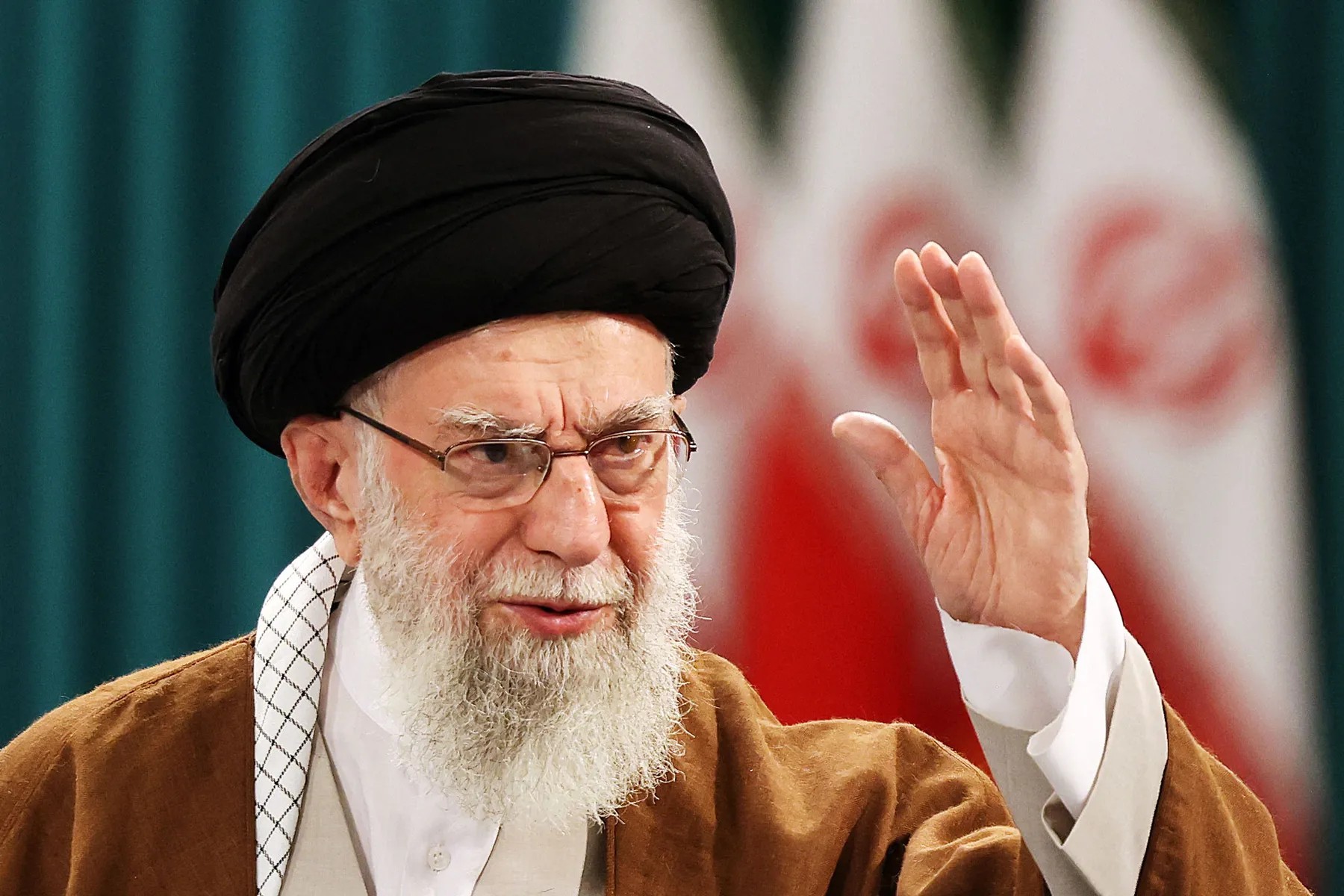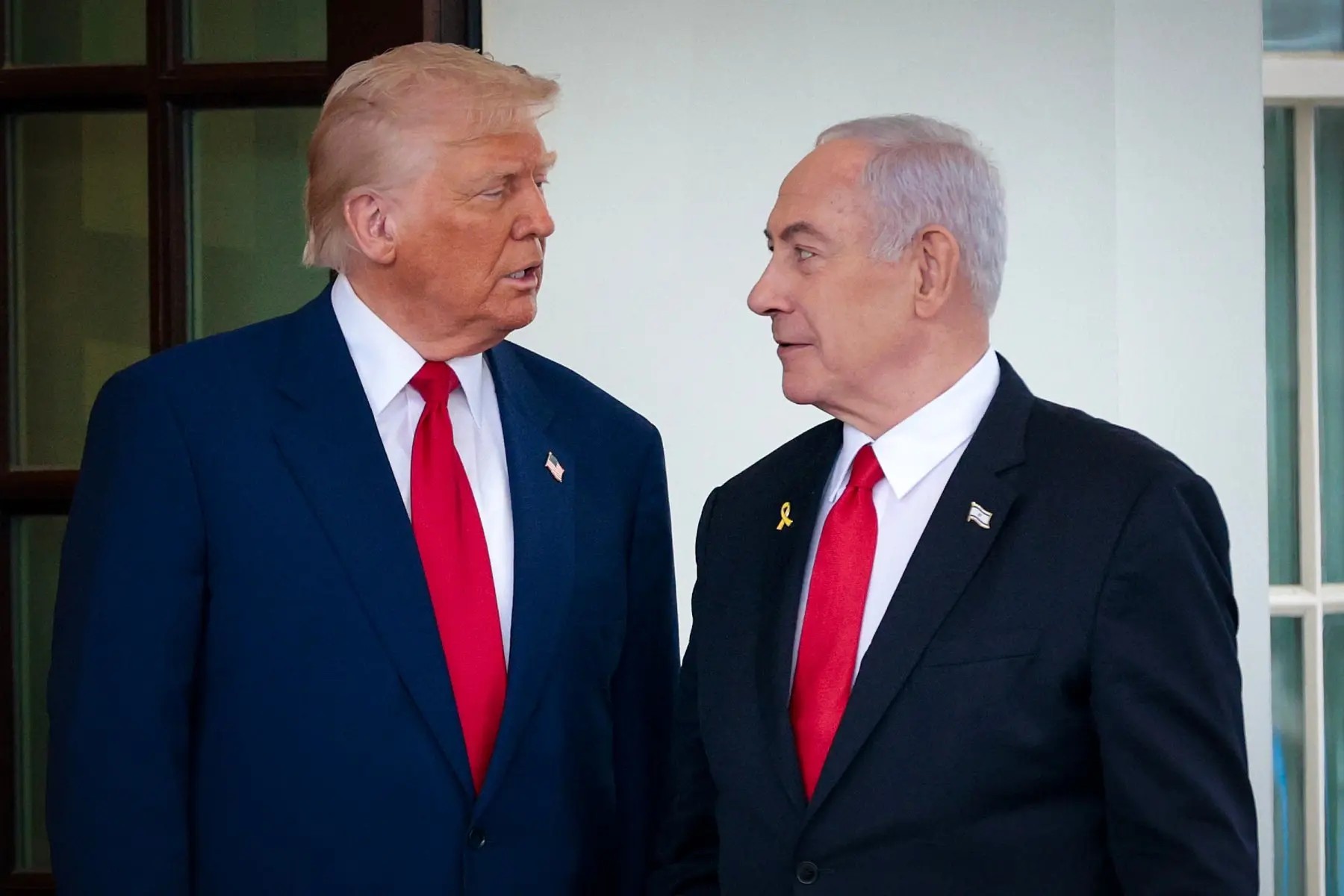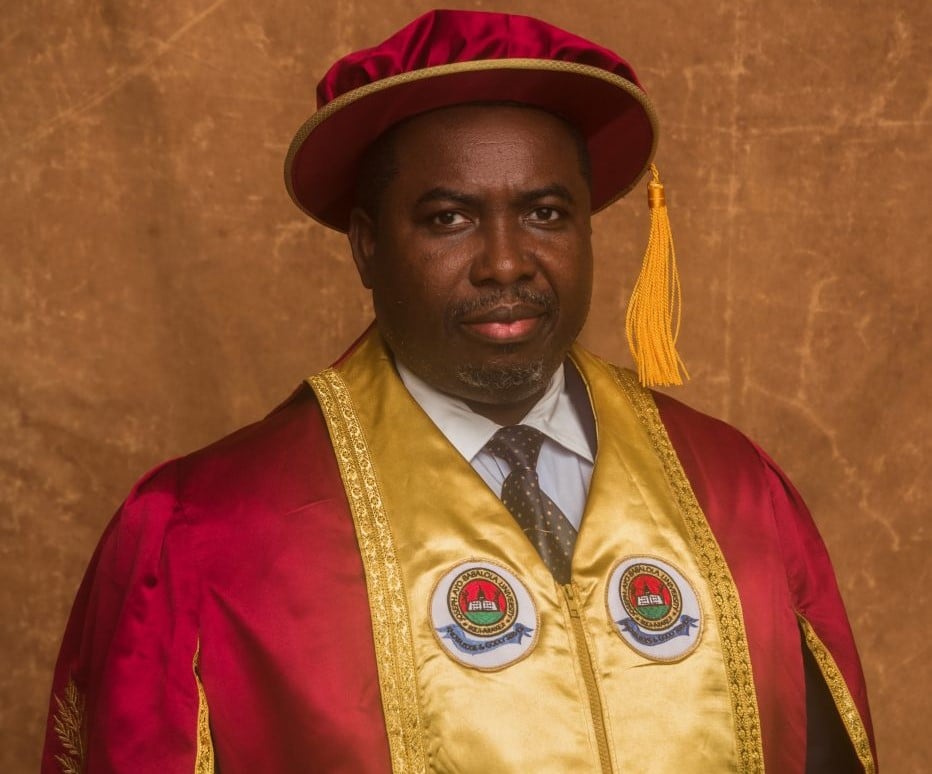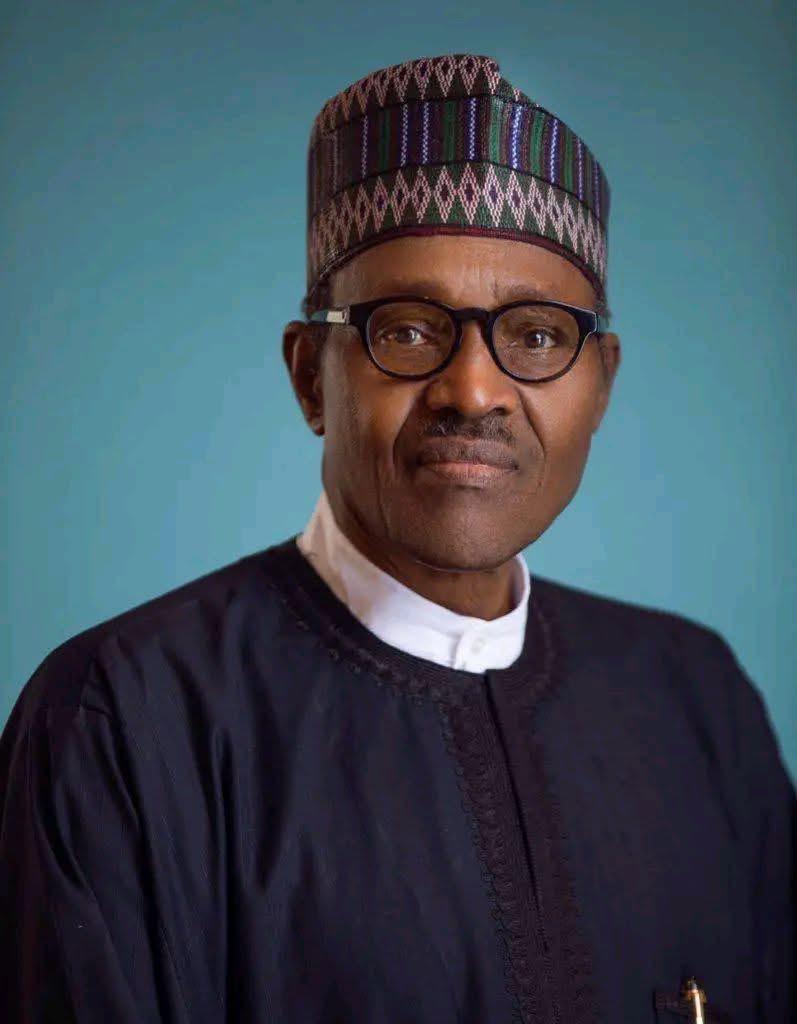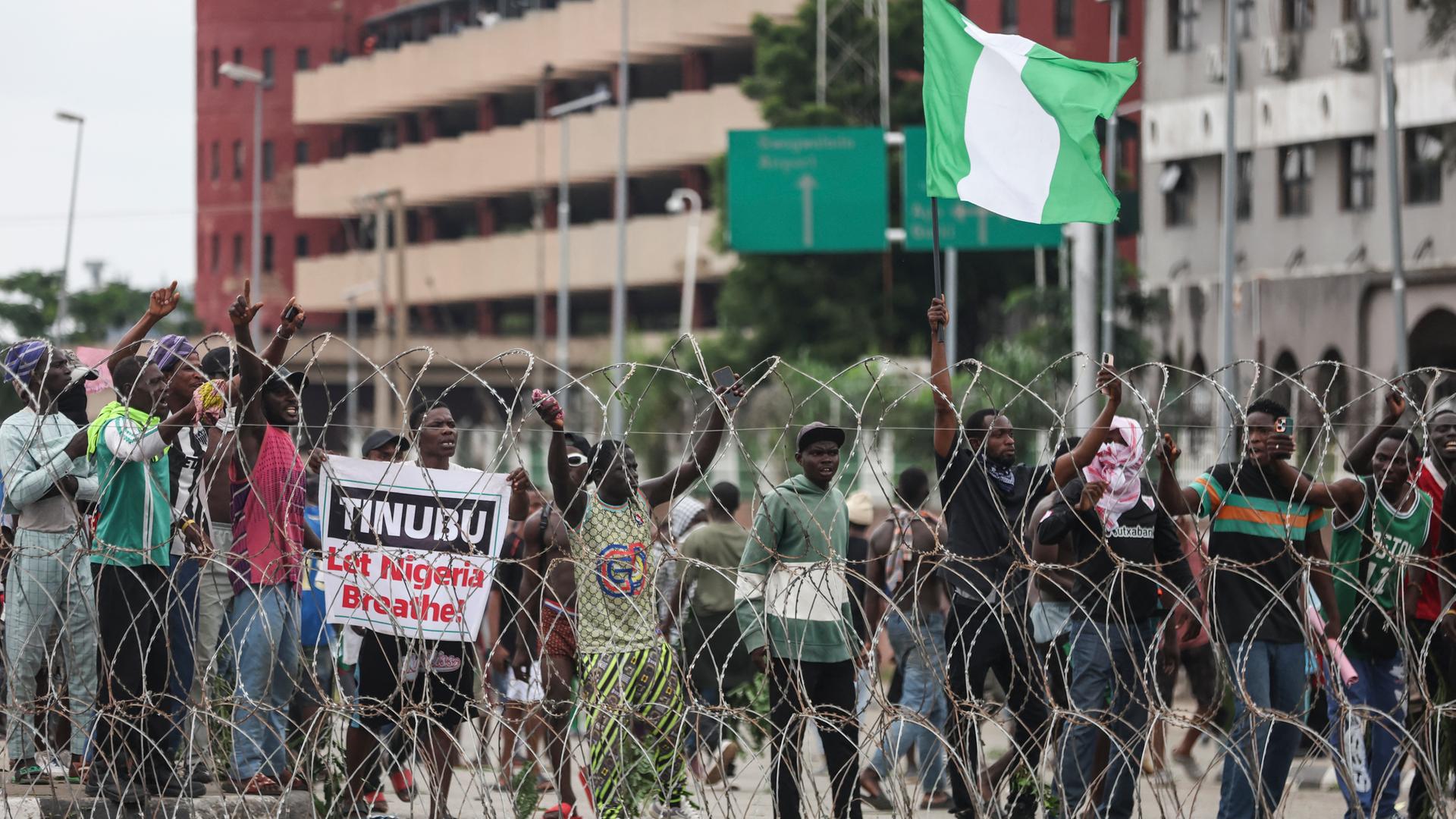Foreign Minister Says Recent Agreement with UN Watchdog Has Lost Its Relevance
Iran’s foreign minister has announced that cooperation with the International Atomic Energy Agency (IAEA) is now “no longer relevant,” following the reimposition of international sanctions by several Western nations. Foreign Minister Abbas Araghchi made the statement on Sunday, referencing the recent “Cairo agreement”—a deal reached last month with the UN nuclear watchdog to restore inspections and monitoring after Iran had suspended cooperation earlier this year.
The agreement, which was intended to provide a framework for renewed oversight after Israeli and US attacks on Iranian nuclear facilities in June, has lost its importance, according to Araghchi. His remarks come after Britain, France, and Germany—signatories of the 2015 nuclear accord—triggered the return of United Nations sanctions, citing Iran’s alleged violations of the deal. Tehran has firmly rejected these allegations.
“The three European countries thought they had leverage by threatening to implement a snapback,” Araghchi told foreign diplomats in Tehran. “Now they have used this lever and seen the outcome. Their role in future negotiations has been greatly reduced, and there is little justification left for talks with them.” He further emphasized that Britain, France, and Germany “will play a much smaller role than before” in any future discussions regarding Iran’s nuclear program.
Iran has also criticized the IAEA for what it calls a double standard, accusing the agency of failing to condemn Israeli strikes on Iranian nuclear facilities, despite its obligations under the Nuclear Non-Proliferation Treaty (NPT). Western governments, led by the United States and supported by Israel, have long accused Iran of seeking nuclear weapons—a charge Iran has consistently denied. Tehran insists its nuclear program is solely for civilian purposes and maintains that it has the right to enrich uranium under the NPT.
Some Iranian lawmakers have suggested that Iran might consider withdrawing from the NPT, though President Masoud Pezeshkian has stated that the country remains committed to its treaty obligations. Araghchi noted that Iran’s official decision regarding future cooperation with the IAEA would be announced in due course, adding that “there is still room for diplomacy.”
Efforts to revive a broader nuclear agreement between Iran and the United States, which began in April, collapsed after Israeli attacks in June targeted Iranian nuclear, military, and residential sites. Since then, Tehran has accused Washington of undermining diplomatic efforts and has demanded guarantees and recognition of its rights before any potential return to negotiations.
